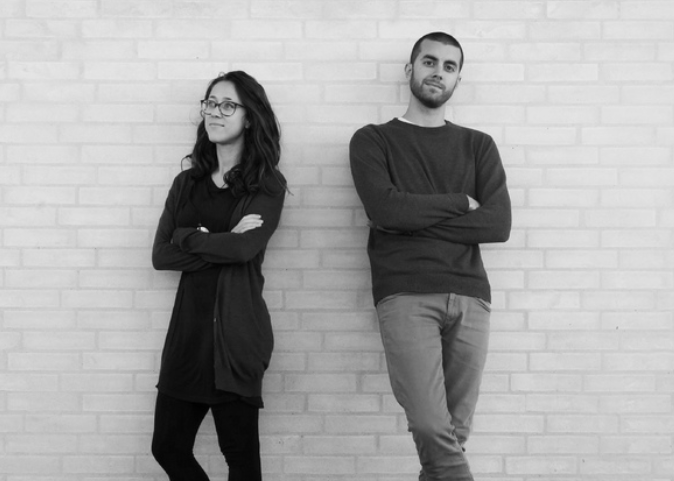
 Giulia Maria Moschen Bracho
Giulia Maria Moschen Bracho
Italian design: Young duo of Italian Designers creates practical solution for everyday life, even for a life on Mars
- WTI Magazine #105 Jul 21, 2018
-

 Giulia Maria Moschen Bracho
Giulia Maria Moschen Bracho
Have you ever thought about what is the purpose of design? In most cases this word is associated to a fashionable product embellishing our house, sometimes it is used to refer to something that has a higher quality for the way it was produced. Design, however, has a deeper meaning; in its process often needs considering a wide range of factors, touching several disciplines: aesthetic, functionality, ergonomics, socio-political and economic dimension, last but not least its impact on the environment. The objective of design, however, is always the same: improve our daily life.
Young Italian designers Giulia Pesce and Ruggero Bastita are clear about the fact that their main objective is solving problems using the most honest tool they know: their creativity. The duo has been working together since they met in 2013, during their Bachelor course in Design and Visual Communication at the Politecnico di Torino, Italy. They are very versatile, ranging in their creation process from daily objects created to make our life a bit easier, to addressing specific issues, which brought them to undertake an ethnographical approach to understand the challenges involved in the project or to more futuristic scenarios that pushed them to think how life on Mars would be.
These young designers keep in mind, during their whole creative process, that in spite of differences that exist in our society, more and more people share the same basic problems and needs. Together they design practical solutions for everyday living, thinking about the society of today: challenging living spaces due to urbanization, nomad lifestyle, rise of immigration and homelessness, all with a glance to the future.
Giulia and Ruggero, together with the Hans Thyge & Co. Studio, have designed a wide range of furniture for nomads, young people that are on the move, changing often city and house; Roomate is flexible and interchangeable furniture that can easily be adapted to the needs of the moment, packed and brought to the next destination. The Bite Collection are small accessories for the living area and the kitchen, thought for smalls and limited spaces typical of our contemporary cities, creating a cozy, welcoming environment, even in small households. Take a look at the photos, shot by Søren Larsen.
The duo has investigated issues related to cohabitation, where space is limited: refugee centres, homeless centres, share dorms or hostels. They started the design process by putting the needs of the people at the center of their project, trying to understand the main problems related to these types of environments: the lack of individual space and privacy. They were able to design a screen system, called Patchwork, that provides a flexible and customised separation of the space, allowing for functions such as sleeping, working, storing clothes and belongings, depending on the needs and the desires of each individual. Patchwork creates a practical answer to overcrowded realities in refugees centres where people need to repossess their identity, while offering a more confortable solutions. Patchwork is also adaptable to other realities such as hostels or students dorms, without sacrificing their typical sense of camaraderie.
The future is here, they say: Giulia and Ruggero sure know that! They have collaborated with the Johnson Space Center (Houston, TX) in the creation of a multi-purpose storage bag that can become furniture. The context of this project is the first mission to Mars, which is schedule by NASA to happen in 2030. These stage bags, Soft Landing, can be inflated and be used by the astronauts in the facilities during their permanence on Mars. For this project the Italian designers had to think about the extreme conditions of the trip to Mars, where space and weight are key elements.
Giulia Pesce and Ruggero Bastita currently live in Danmark, where they export and share their creativity in a local multidisciplinary design studio called Hans Thyge & Co.